 Recent studies suggest that "vaginal seeding " of a newborn is effective and also has beneficial health effects for the baby. Vaginal seeding is transferring some of a mother's vaginal fluids (which contain beneficial microbes) onto newborns delivered via C-section.
Recent studies suggest that "vaginal seeding " of a newborn is effective and also has beneficial health effects for the baby. Vaginal seeding is transferring some of a mother's vaginal fluids (which contain beneficial microbes) onto newborns delivered via C-section.
The reason for doing this procedure (using gauze pads) is because during a vaginal birth the baby picks up the mother's microbes as it moves through the birth canal (this is good!). Babies delivered by C-section don't pick up all these beneficial microbes - instead they get what is floating around the delivery room.
Rutgers Univ. researchers found that infants that received vaginal seeding hosted a different microbial population in their stool and skin (more like the mother's) than those who didn't in the first month after birth. The vaginal seeding had worked - the mother's microbes had become part of the baby's microbiome.
Maria Gloria Dominguez-Bello has been doing research in the area of vaginal seeding and infant microbiome for a while. (Description of vaginal seeding method she uses.)
By the way, breastfeeding the baby is also a great way to transfer maternal microbes to the baby. There are hundreds of species in the breast milk, and the species in the milk vary over time.
From Medical Xpress: Technique may restore healthy bacterial balance in C-section babies
Newborns delivered by cesarean section who are swabbed with the vaginal fluid of their mothers after birth have beneficial bacteria restored to their skin surface and stools, according to a new study. ...continue reading "Technique May Improve the Microbiome of C-section Babies"

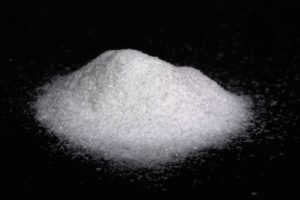 Artificial sweeteners are very popular, with sucralose (Splenda) being the most widely used artificial sweetener in the US. However, there is increasing evidence that these sweeteners are linked to health problems. Recently,
Artificial sweeteners are very popular, with sucralose (Splenda) being the most widely used artificial sweetener in the US. However, there is increasing evidence that these sweeteners are linked to health problems. Recently, 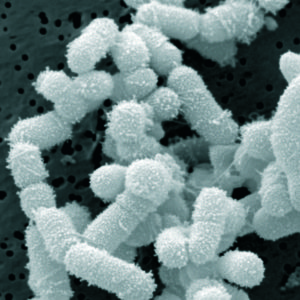 It is now my eleventh year of successfully treating sinus infections with only the probiotic Lactobacillus sakei. This includes regular sinus infections, chronic sinusitis, and even when there are just a few sinus symptoms (you know, the gradual slide toward sinusitis). No antibiotics and no antibacterials in all this time! Yes, it still feels miraculous!
It is now my eleventh year of successfully treating sinus infections with only the probiotic Lactobacillus sakei. This includes regular sinus infections, chronic sinusitis, and even when there are just a few sinus symptoms (you know, the gradual slide toward sinusitis). No antibiotics and no antibacterials in all this time! Yes, it still feels miraculous! Another
Another 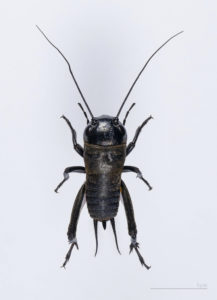
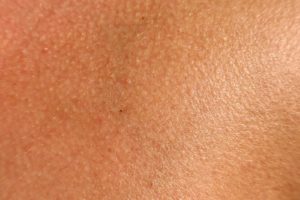

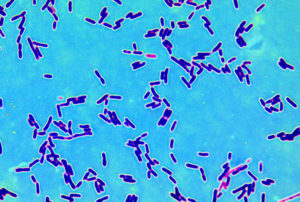 By now no one should be surprised that the male urethra has a microbiome - the community of microbes (bacteria, viruses, fungi) that live there. After all, we have millions of microbes living all over and in us.
By now no one should be surprised that the male urethra has a microbiome - the community of microbes (bacteria, viruses, fungi) that live there. After all, we have millions of microbes living all over and in us. Whether a developing baby (the fetus) has a microbiome or whether it is sterile during pregnancy and only gets "seeded" by microbes from the mother during birth is still being hotly debated. For years it was thought that the fetus and placenta were sterile (no microbes), but then several
Whether a developing baby (the fetus) has a microbiome or whether it is sterile during pregnancy and only gets "seeded" by microbes from the mother during birth is still being hotly debated. For years it was thought that the fetus and placenta were sterile (no microbes), but then several 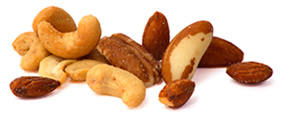 Eating nuts is good for your health. A study conducted in the UK found that eating either a handful (56 grams) of whole or ground almonds every day for 4 weeks significantly increased the production of butyrate, a short-chain fatty acid that promotes gut health.
Eating nuts is good for your health. A study conducted in the UK found that eating either a handful (56 grams) of whole or ground almonds every day for 4 weeks significantly increased the production of butyrate, a short-chain fatty acid that promotes gut health.